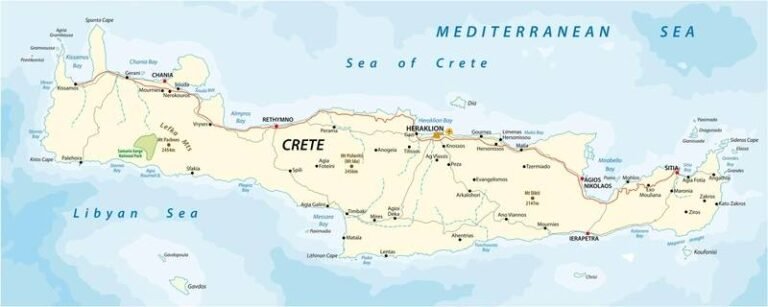Libya Objects to Greek Approval of Hydrocarbon Exploration Off Crete
Libya’s internationally recognised government of national unity has raised objections to Greece’s approval of an international tender for hydrocarbon exploration off the island of Crete. The Libyan government claims that some of the blocks included in the tender infringe upon its own maritime zones, sparking tensions between the two countries.
Relations between Libya and Greece have been strained since the signing of an accord in 2019 between the Libyan government and Greece’s regional rival, Turkey. This agreement outlined a sea area between Libya and Turkey, disregarding the presence of Crete, a Greek island. Greece has vehemently opposed the accord, arguing that it lacks a legal basis and aims to establish an exclusive economic zone that disregards Crete.
In response to an expression of interest by U.S. major Chevron, Athens recently invited bidders for hydrocarbon exploration in two blocks south of Crete. However, Libya’s Tripoli-based foreign ministry issued a statement expressing concern that some of the tendered sea blocks off Crete encroach upon disputed zones, violating Libya’s sovereign rights.
The Libyan government urged Greek authorities to engage in dialogue and negotiation before proceeding with any exploration or drilling activities in the contested areas. Similarly, Libya’s eastern-based government, led by Osama Hamad, also objected to Greek tenders in the disputed maritime zone, further complicating the situation.
Greek Foreign Minister George Gerapetritis responded to the objections by stating that Greece is open to discussing the delimitation of maritime zones with Libya within the framework of international law. Gerapetritis is expected to visit Libya in the coming weeks to address the escalating tensions and seek a resolution to the maritime disputes.
As the standoff between Libya and Greece continues, the need for diplomatic dialogue and adherence to international law becomes increasingly crucial in resolving the conflicting claims over hydrocarbon exploration rights in the Mediterranean Sea.
Source: Reuters

